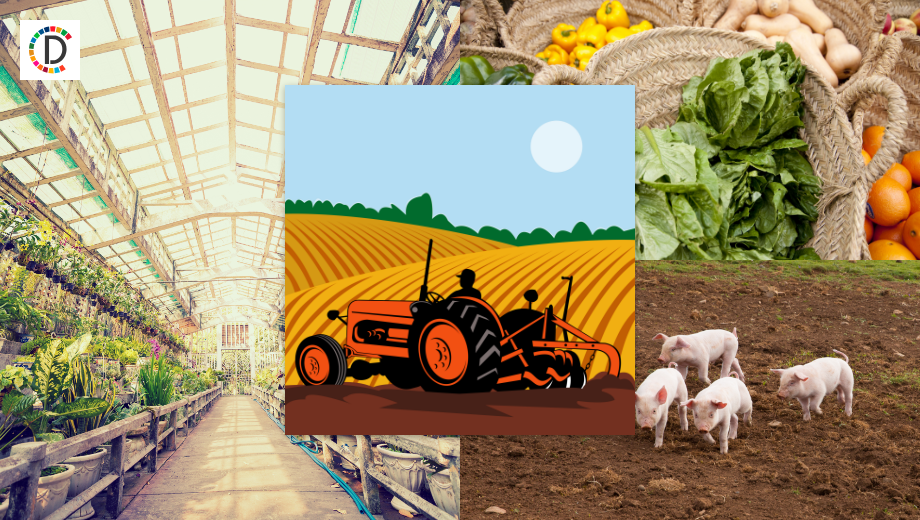Greece's Chestnut Crisis: Climate Change and A Shrinking Harvest
Greece faces a devastating chestnut harvest decline due to severe weather. Farmer Anestis Altinis reports an expected 90% drop in output, highlighting climate change's toll on agriculture. Greece, a major chestnut producer, anticipates significant export and economic challenges as extreme weather persists across southern Europe.

In central Greece, farmers like Anestis Altinis are witnessing a sharp decline in chestnut yield, a worrying sign for one of the world's leading producers of this nut. Months of intense heat and drought have prevented the nuts from ripening, posing a major challenge for local agriculture.
This year, Greece's chestnut harvest is projected to plummet to around 15,000 tonnes, marking a dramatic 50% decrease from the five-year average. The situation adds to the mounting evidence of climate change's impact on crops in southern Europe, a point highlighted by Pomology Professor George Nanos.
This decline spells trouble for Greece's economy, reliant on agriculture for a fifth of its exports. The central bank forecasts rising crop prices and a greater economic burden due to climate changes. Farmers urge for government intervention to prevent further agricultural and economic fallout.
(With inputs from agencies.)










